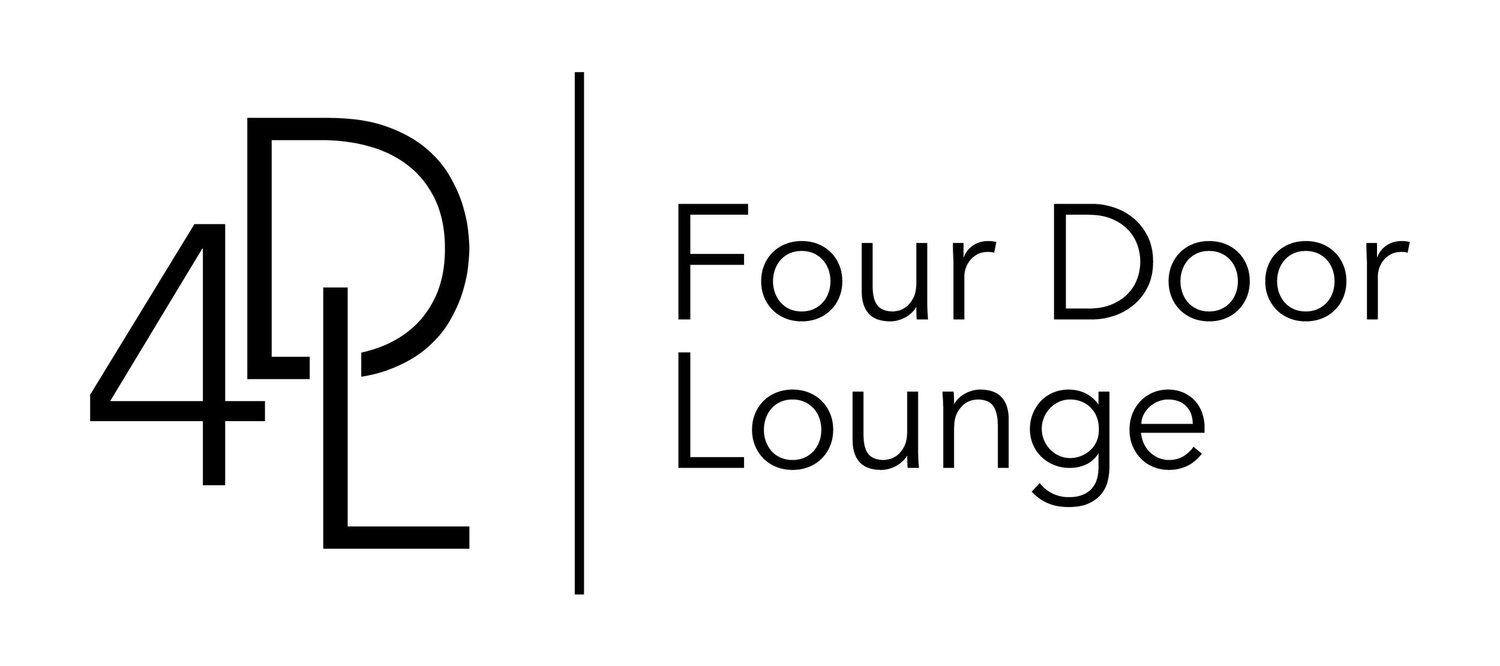Symptom and Desire: New and Selected Poems
I am glad to announce that I am publishing/have published a new book of poems: Symptom and Desire: New and Selected Poems. I have published this book through a little press I have started called 4doorloungebooks. I will say some things about the route to publishing this book in a later blog post. In this post, I just want to point out that this book contains 84 previously published poems—75 from my six previous books and nine poems published in journals, anthologies, and a chapbook, but not in any of my previous books. The book also contains 22 recent poems—that is, poems written since 2019.
That’s 106 poems in about 170 pages. $17.95. That’s not a bad deal.
There were a lot of “recent” poems to choose from, but I have promised some of those to future collections and many are still staring into the mirror asking that age old question: am I finished. The first poem in the book is one that I wrote, I think, in 1978 at age 25, after returning to Austin from College Station where I was finally beginning to mature intellectually as I worked on my MA. The most recent poem, a late entry, is from November 2022. That’s 44 years of poetry. Actually, I began writing poems and putting them in little booklets, a decade before that. But those high school, college, and grad school poems didn’t make the cut, and actually only two written in the late 70s did.
About the title: “Symptom” and “Desire” are terms that the Post-Freudian psychoanalyst Jacques Lacan uses. Now I am not going to claim to be a adequate student of Lacanian psychology, yet much of the little I have read has interested me. I include two quotes from Lacan as epigraphs for the book: “There is no subject without a symptom” and “We are always asking the Other what he desires.” This isn’t the place to go into great detail—and maybe there isn’t a place for that detail. But let’s just add that Lacan, following Saussure and Jakobson, associated “symptom” with metaphor, with substitution/suppression, and he associated “desire” with metonymy/ combination. What more could a poet need to suck him into the vortex? Over the years, as I have tried to write myself into some state of being, I have been playing with metaphor and metonymy, dealing with my symptoms and desires, trying to create some sense of wholeness, ego unity.
Have I been successful? I wouldn’t say so. I am still fairly broken up and fragmented—”Lacking,” to use one of Lacan’s words. Still, psychologically, I think I am in better shape that I was in my middle-twenties. Does this mean that I have used poetry as a therapy? Sure, doesn’t everyone, even the most die-hard dry-as-toast intellectual. I mean, in my belief, everyone is doing therapy all the time. Some of us are just aware enough to occasionally recognize it.
